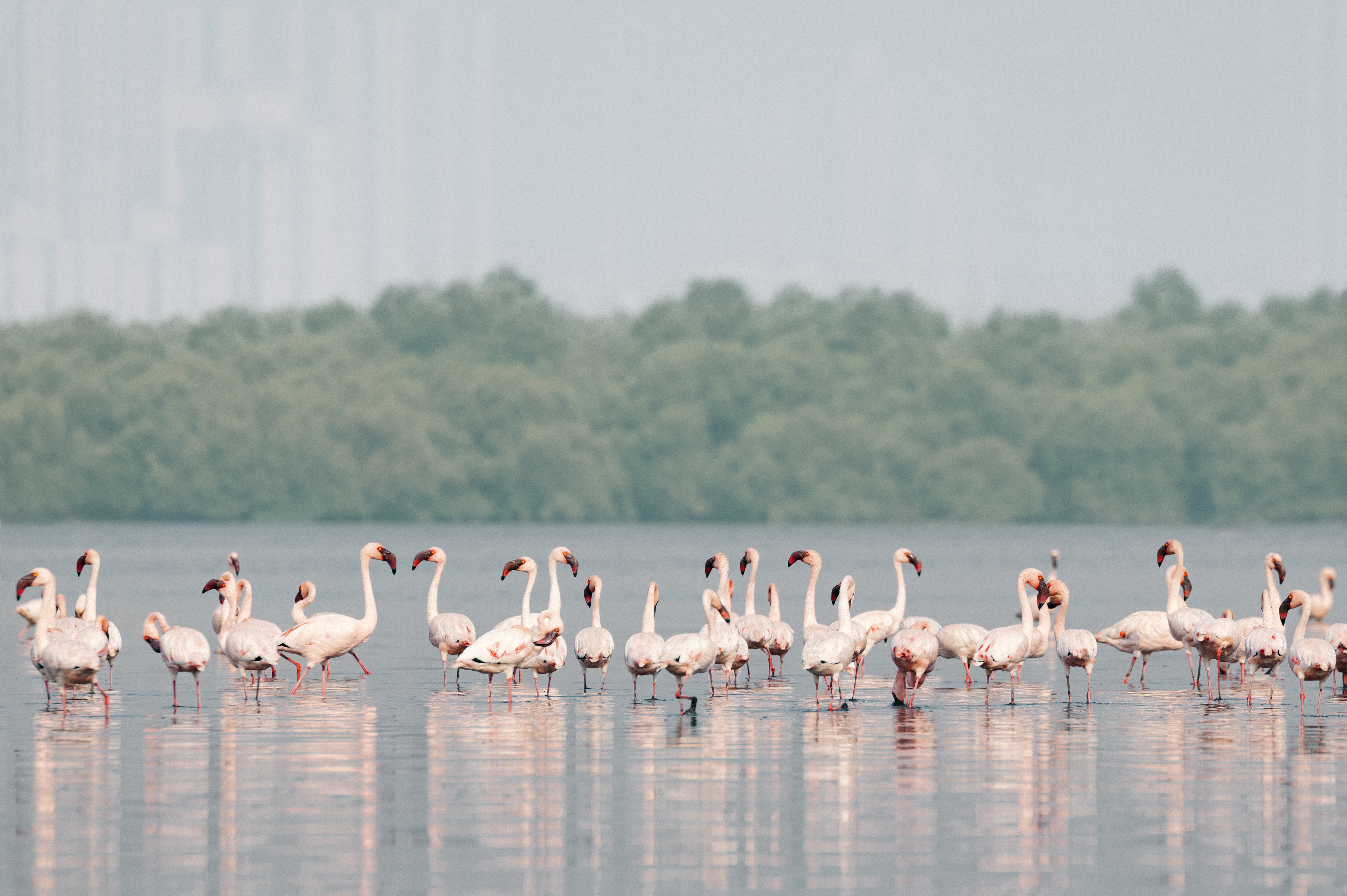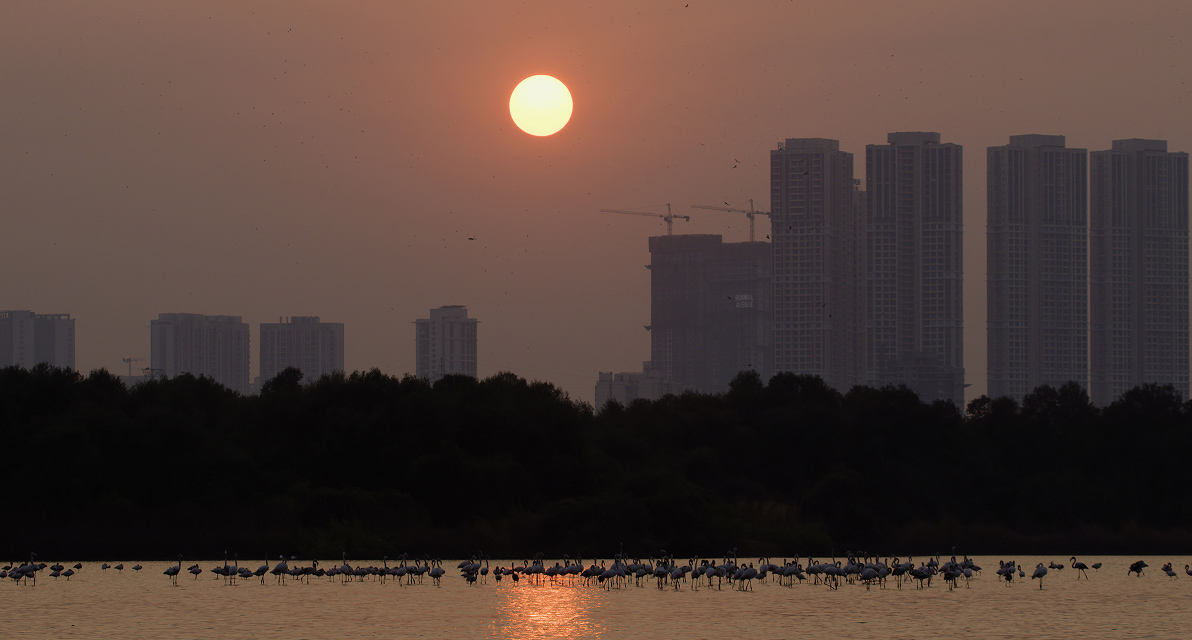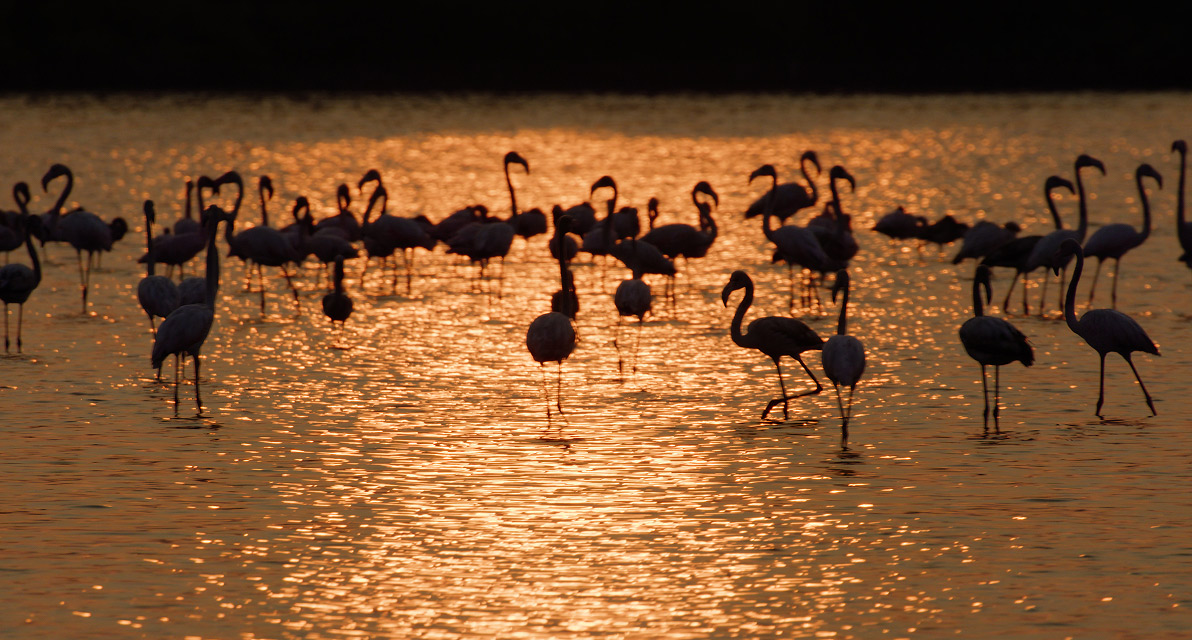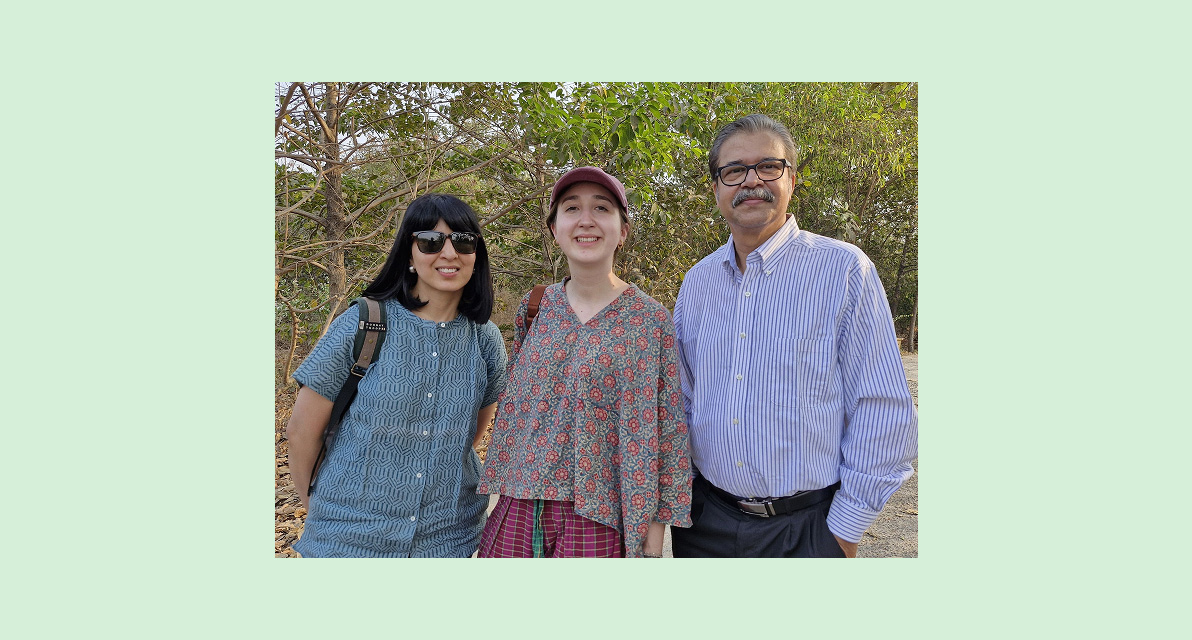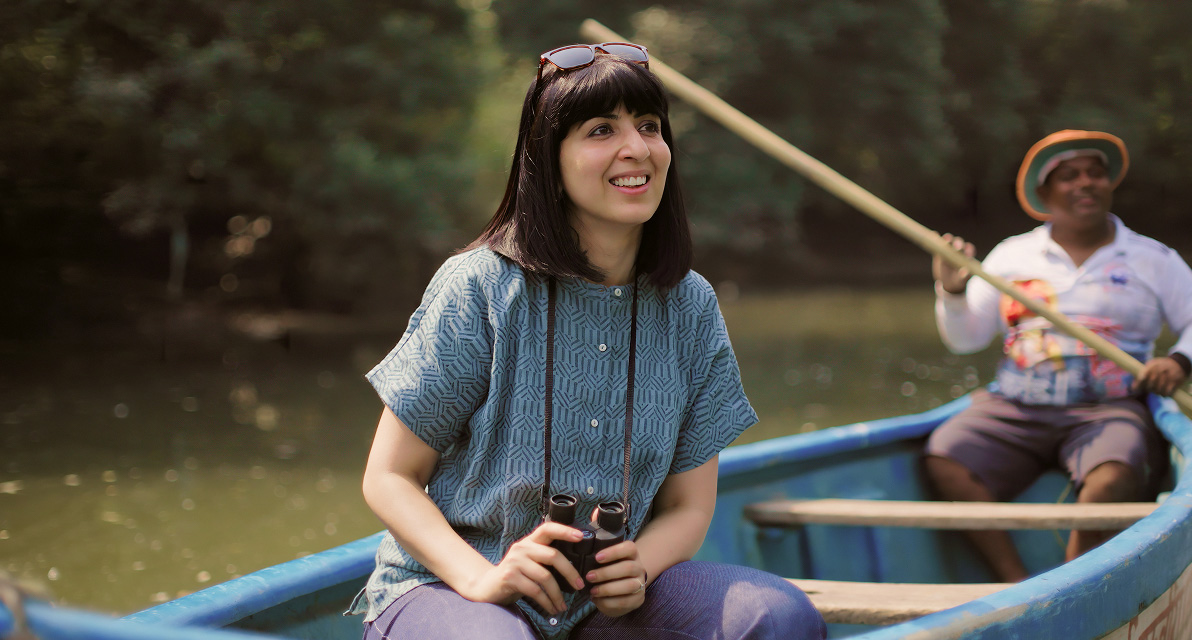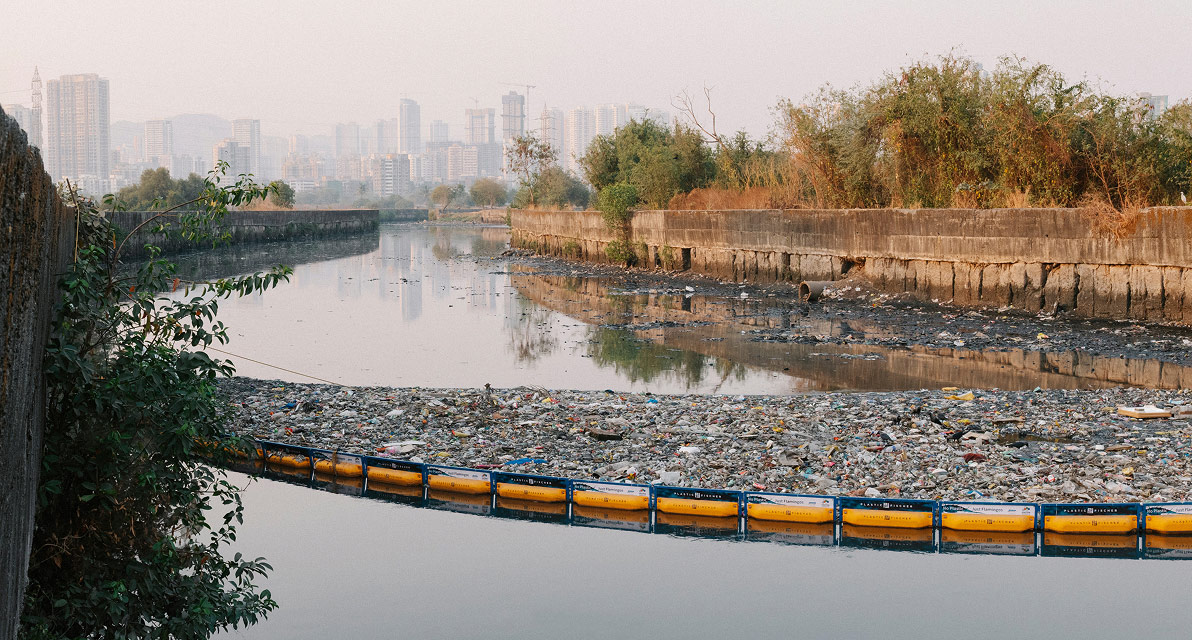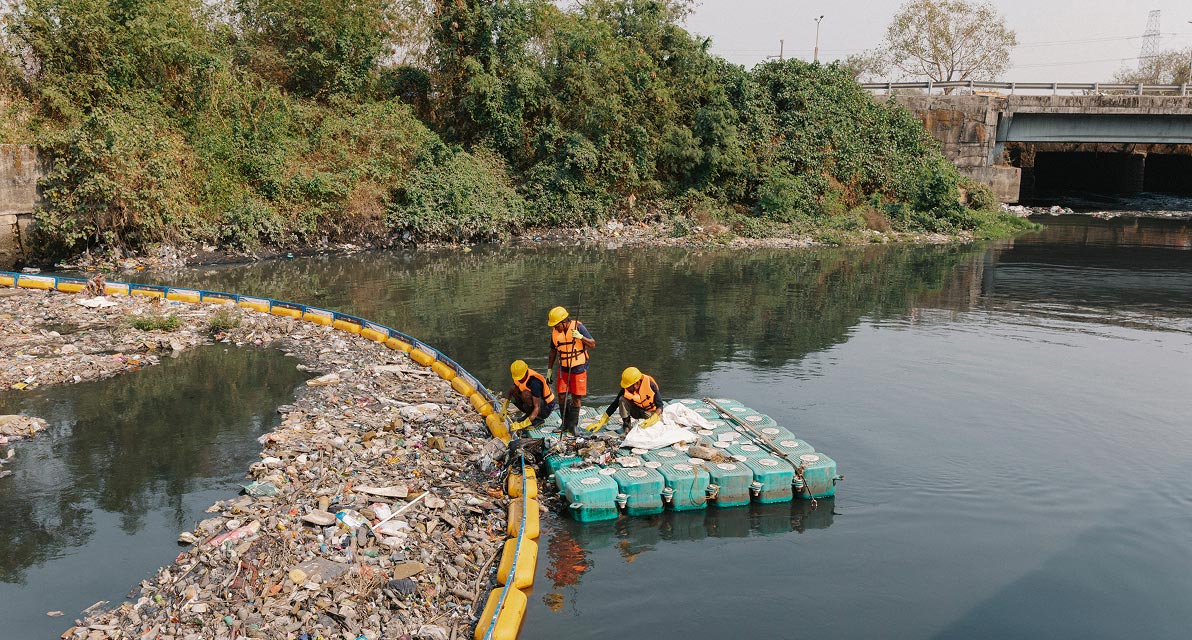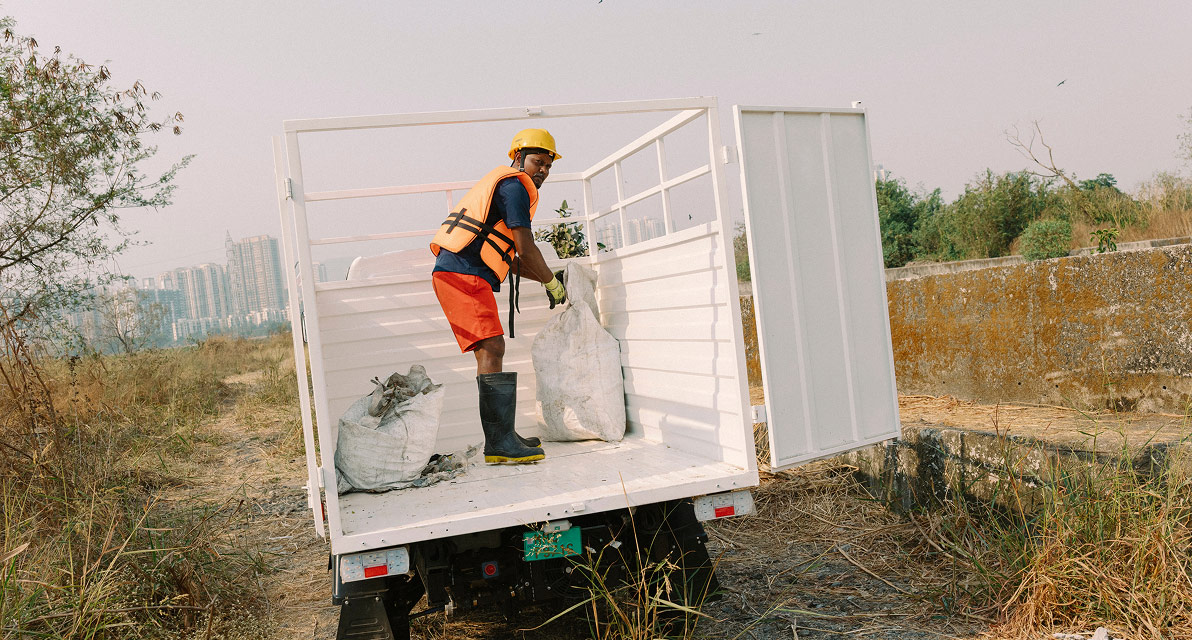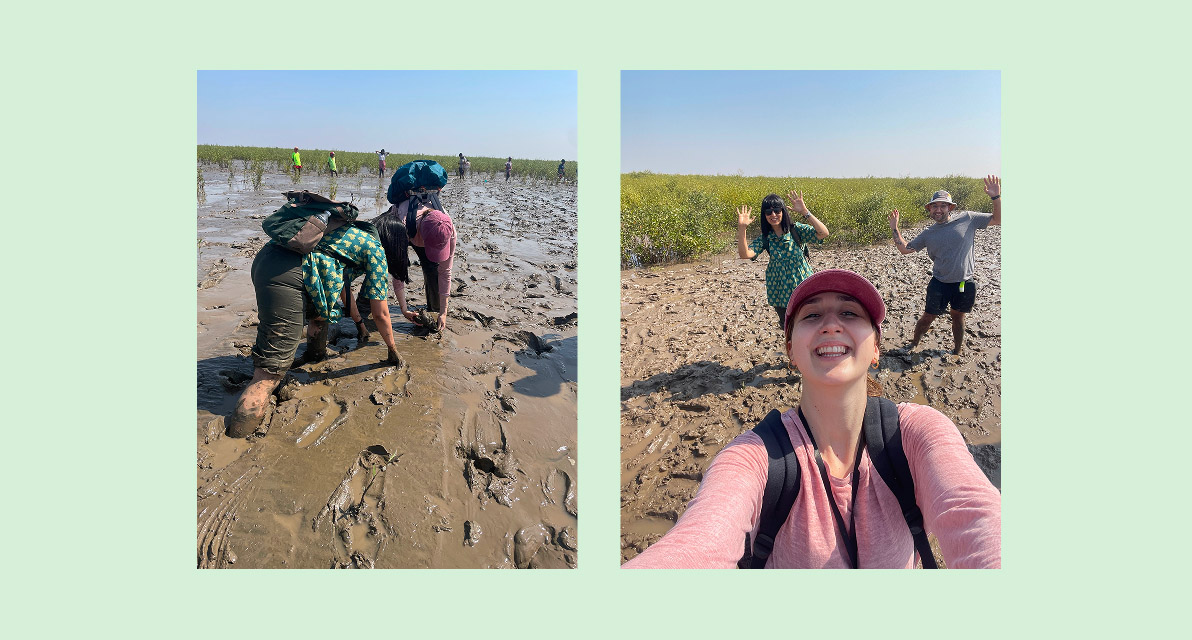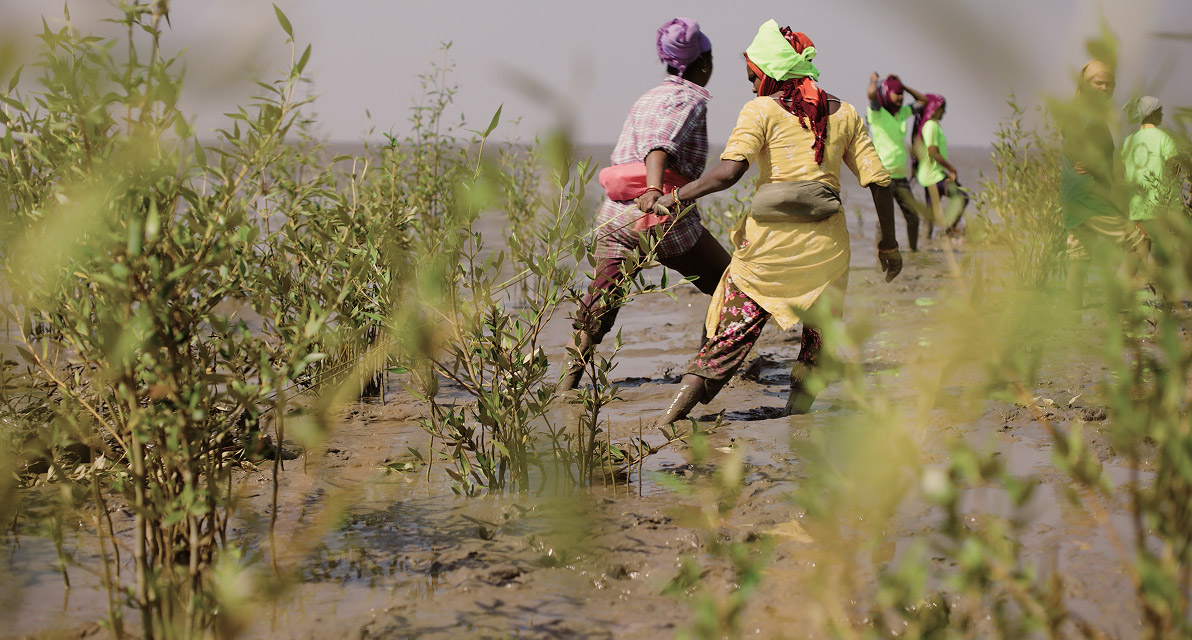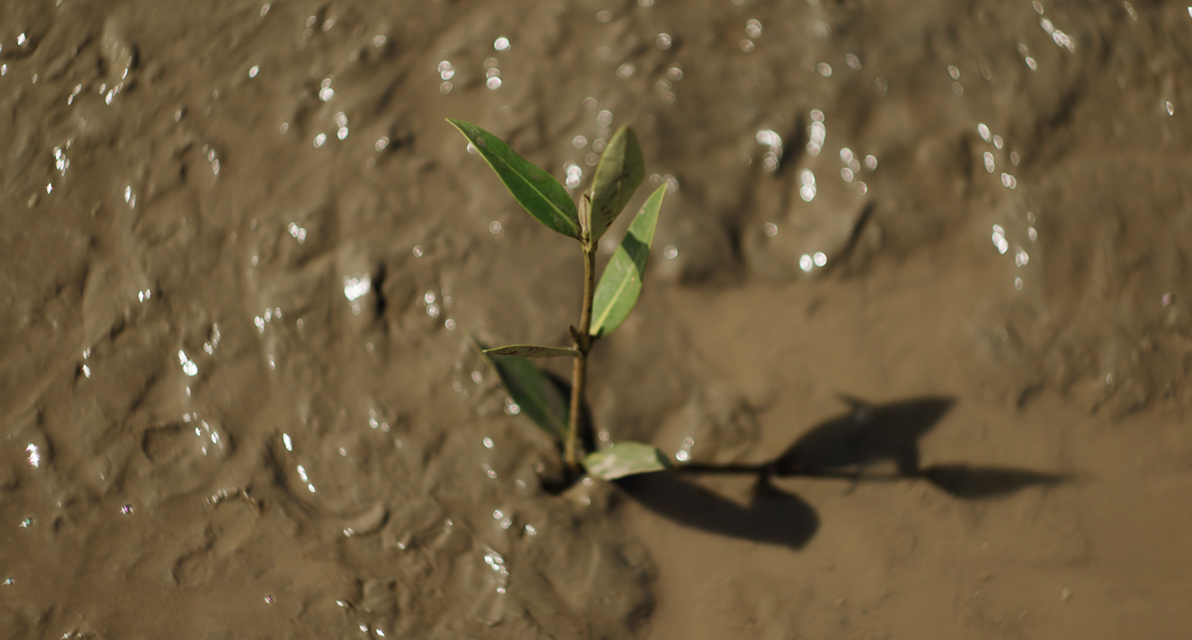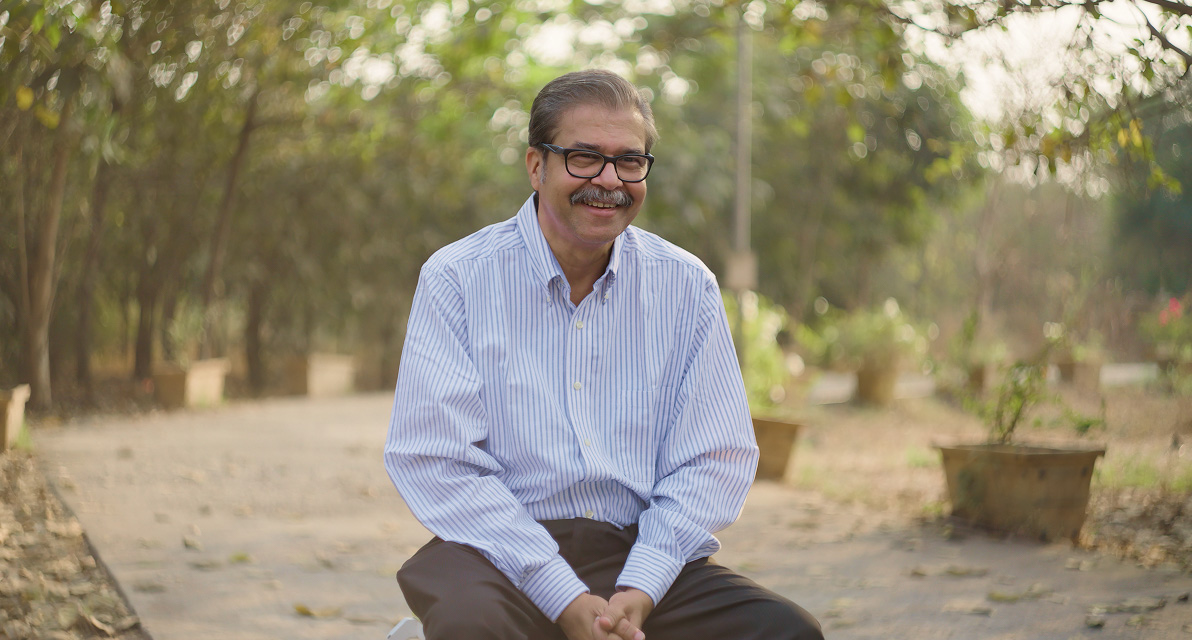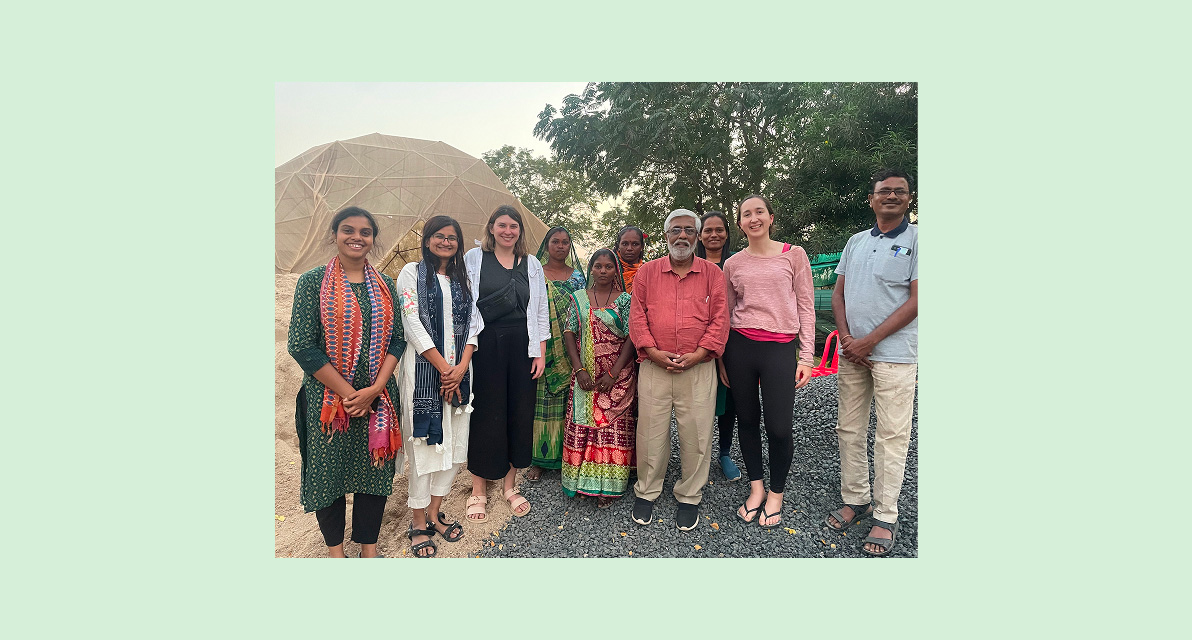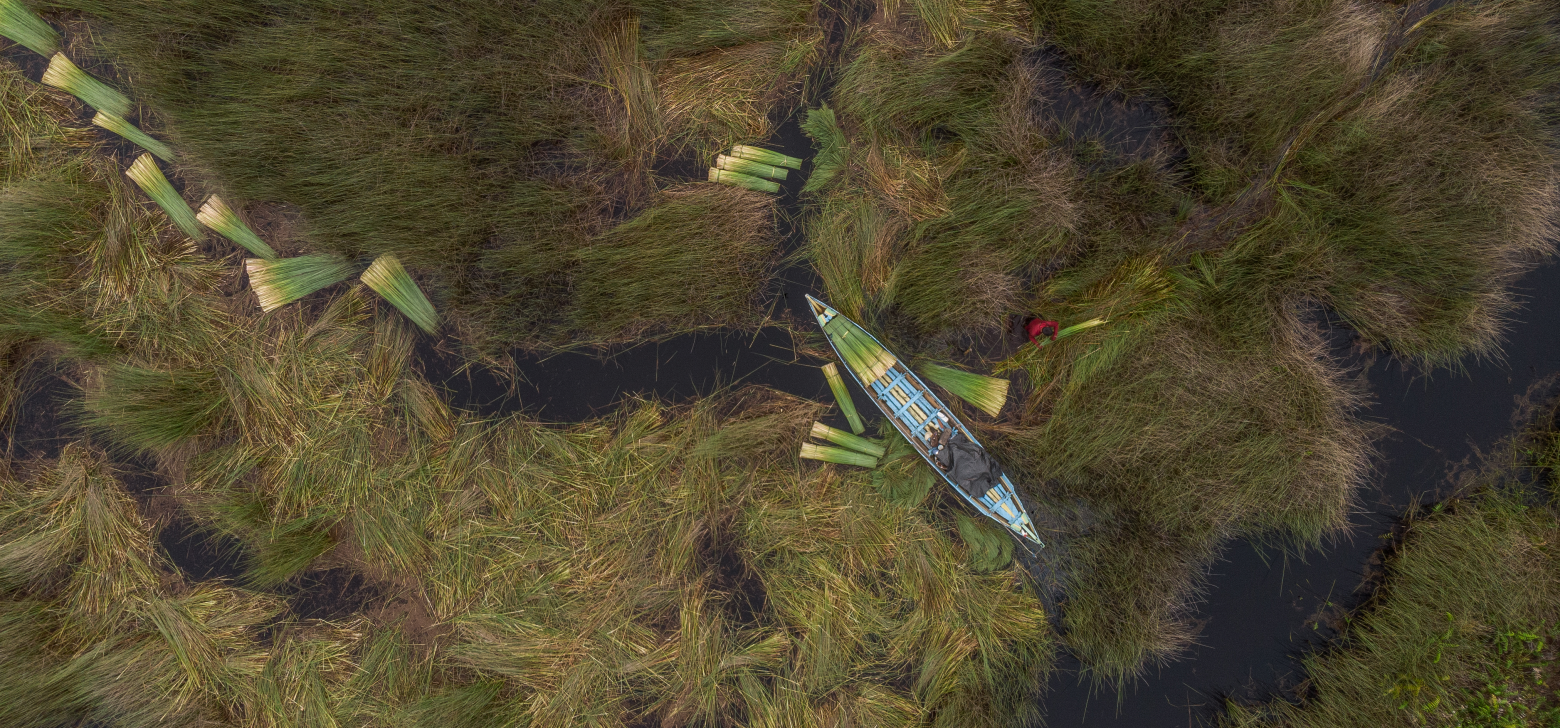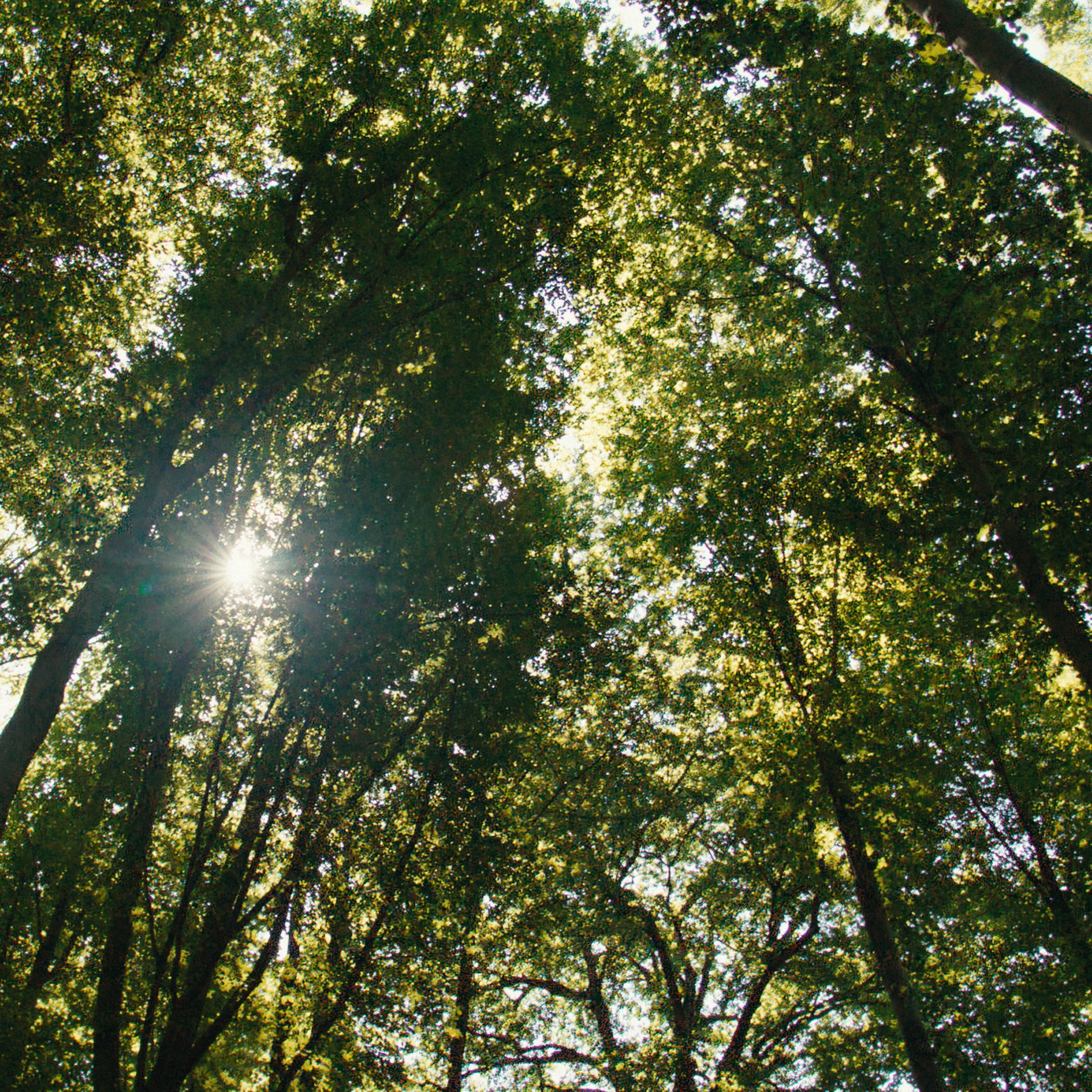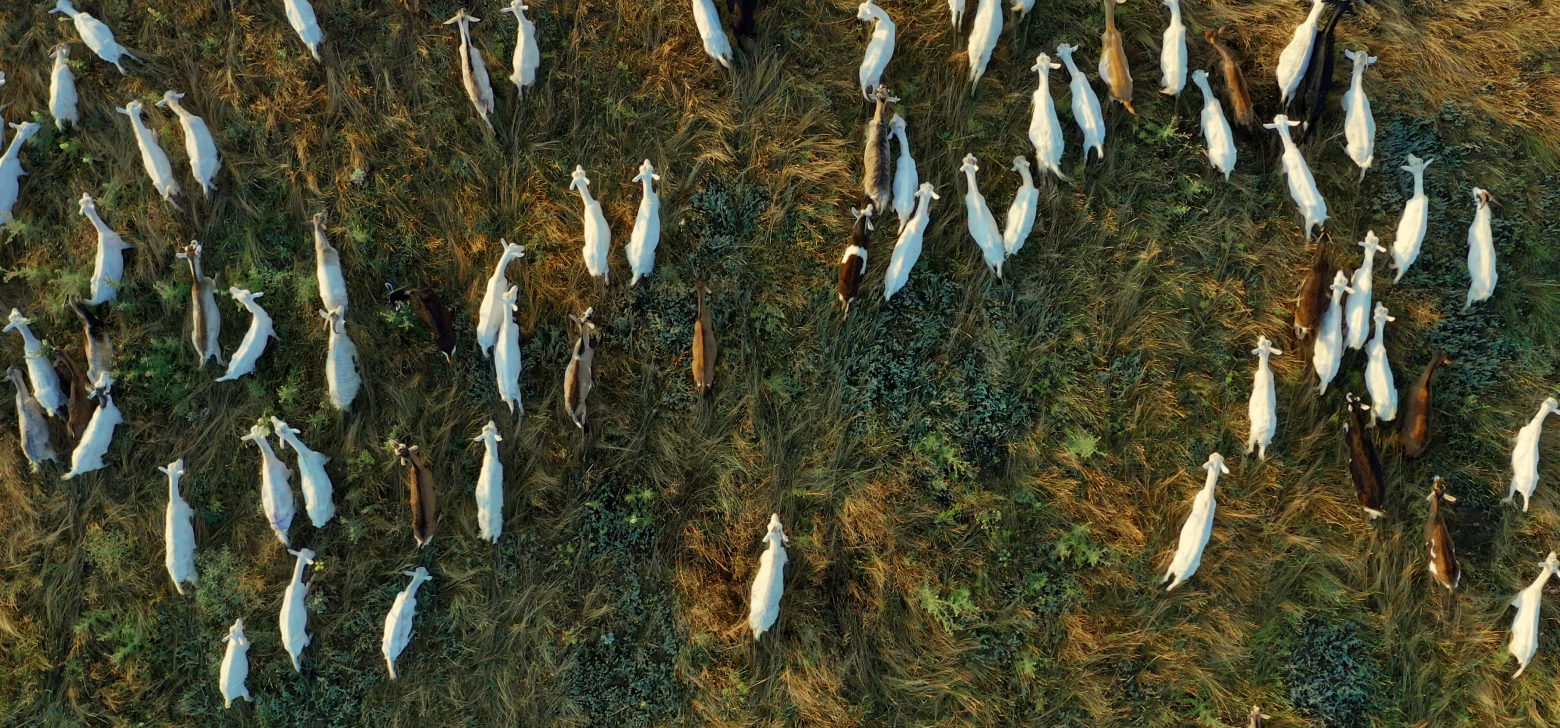An inside look at Amazon’s project to restore the birds’ habitat, and build economic opportunity and climate resilience for local communities.
Dawn broke in Mumbai, casting a hazy glow over Thane Creek. From our small boat, I watched one of the world's most contaminated waterways stretch out before us, its surface broken by drifting plastic and industrial debris. Then something stirred: soft, pink specks scattering across the horizon—a flamboyance of flamingos. Thousands of them flew, a spectacular contrast to the industrial sprawl of India’s busiest metropolis. Every year, over a million migratory birds, including flamingos, return to this unlikely refuge. But for how much longer? Industrial waste, plastic pollution, and rapid urbanization threaten the future of this vital sanctuary along the Central Asian Flyway.
